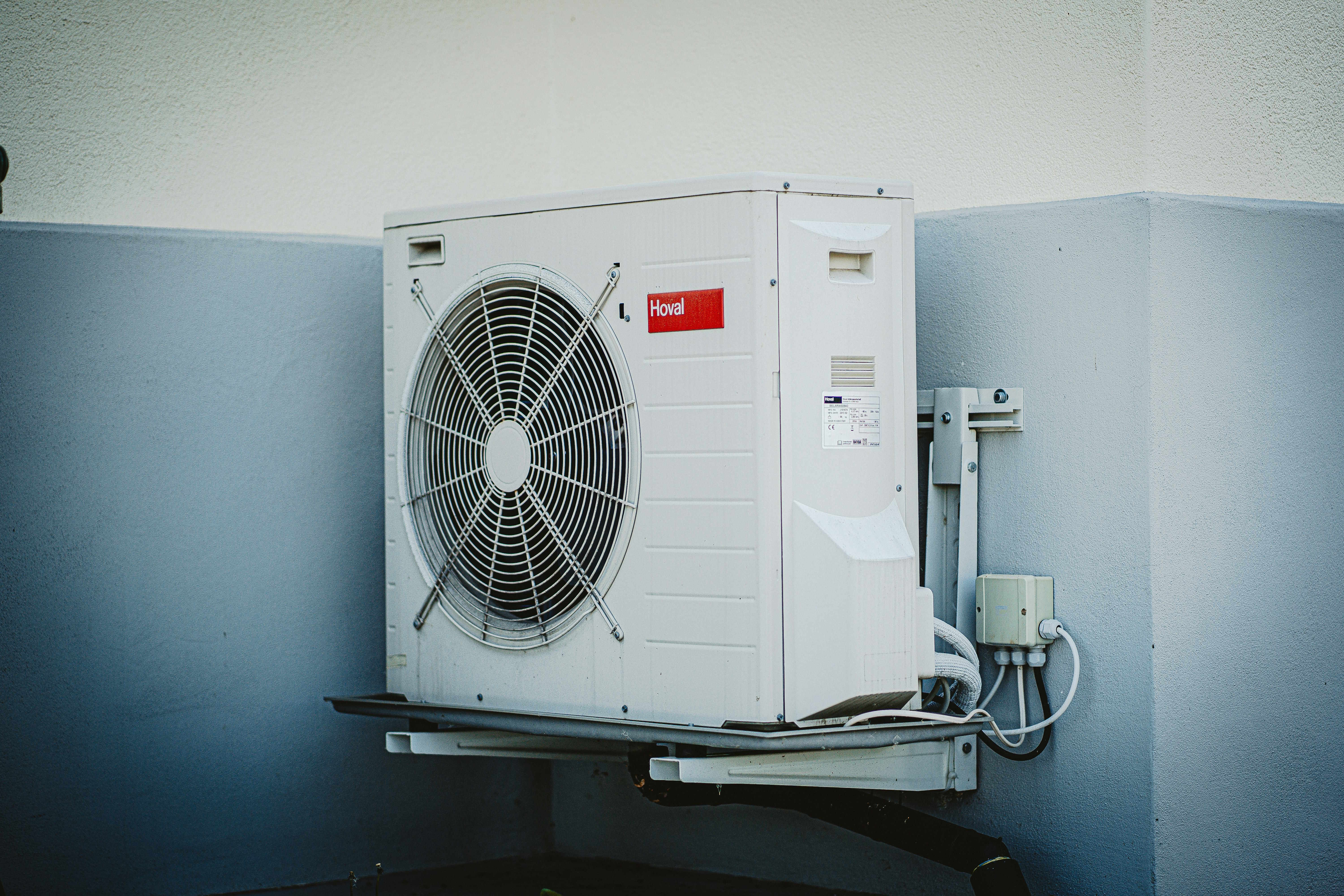The Ultimate Guide to Modern HVAC Systems: Comfort, Efficiency, and Air Quality
HVAC systems play a crucial role in maintaining indoor comfort, energy efficiency, and air quality in homes and businesses. As technology advances, these systems have become increasingly sophisticated, offering a wide range of benefits to users. This comprehensive guide will explore the various aspects of modern HVAC systems, from their types and applications to maintenance tips and emerging technologies.

What are the benefits of modern HVAC systems for indoor comfort and efficiency?
Modern HVAC systems offer numerous advantages over their older counterparts. They provide superior temperature control, allowing for precise adjustment of indoor climates to suit individual preferences. This enhanced comfort is achieved through advanced sensors and smart controls that can maintain consistent temperatures throughout a space.
Energy efficiency is another significant benefit of modern HVAC systems. They utilize advanced technologies such as variable-speed compressors and motors, which adjust their output based on demand. This results in reduced energy consumption and lower utility bills. Additionally, many modern systems are designed to meet or exceed ENERGY STAR standards, further contributing to energy savings.
Air quality improvement is a crucial aspect of modern HVAC systems. They incorporate advanced filtration technologies, such as HEPA filters and UV light purification, which can remove allergens, pollutants, and even some microorganisms from the air. This leads to healthier indoor environments, particularly beneficial for those with respiratory issues or allergies.
What are the different types of HVAC systems and their ideal applications?
HVAC systems come in various types, each suited for different applications:
-
Split Systems: These are the most common residential HVAC systems, consisting of an outdoor unit (condenser) and an indoor unit (air handler). They are ideal for homes with existing ductwork and offer efficient cooling and heating.
-
Ductless Mini-Splits: These systems are perfect for homes without ductwork or for adding climate control to specific rooms. They consist of an outdoor compressor and one or more indoor air-handling units, connected by a small conduit.
-
Heat Pumps: These versatile systems can both heat and cool a home by transferring heat from the outside air to the inside (in heating mode) or vice versa (in cooling mode). They are highly efficient, especially in moderate climates.
-
Packaged Systems: These all-in-one units contain all components in a single outdoor unit, making them ideal for homes with limited indoor space or for rooftop installations in commercial buildings.
-
Geothermal Systems: These use the earth’s constant underground temperature to heat and cool homes. While they have high initial costs, they offer exceptional energy efficiency and long-term savings.
How do you choose the right HVAC system for your home?
Selecting the appropriate HVAC system depends on several factors:
-
Home Size: The system’s capacity should match the square footage of your home to ensure efficient operation.
-
Climate: Consider your local weather patterns. Heat pumps work well in moderate climates, while areas with extreme temperatures may require more robust heating or cooling systems.
-
Energy Needs: Evaluate your energy consumption patterns and look for systems with high SEER (Seasonal Energy Efficiency Ratio) ratings for cooling and HSPF (Heating Seasonal Performance Factor) for heating.
-
Existing Infrastructure: If your home has ductwork, a central air system might be suitable. For homes without ducts, consider ductless mini-splits or high-velocity systems.
-
Budget: Consider both initial costs and long-term operating expenses when making your decision.
-
Indoor Air Quality Requirements: If air quality is a primary concern, look for systems with advanced filtration options.
What are the key maintenance tips for HVAC equipment?
Regular maintenance is crucial for extending the lifespan and maintaining the performance of HVAC equipment:
-
Change or Clean Filters Regularly: This improves air quality and system efficiency.
-
Keep Outdoor Units Clear: Remove debris and trim vegetation around outdoor units to ensure proper airflow.
-
Schedule Professional Tune-ups: Have a qualified technician inspect and service your system annually.
-
Clean Vents and Ducts: Ensure proper airflow by keeping vents unobstructed and ducts clean.
-
Monitor Refrigerant Levels: Low refrigerant can indicate leaks and reduce system efficiency.
-
Check and Clean Condensate Drains: Prevent water damage by ensuring proper drainage.
-
Upgrade to a Programmable Thermostat: This can improve efficiency and reduce energy costs.
What are the trending HVAC technologies for 2025 and beyond?
The HVAC industry is continuously evolving, with several exciting technologies on the horizon:
-
Smart Thermostats: These devices learn from user behavior and can be controlled remotely, optimizing comfort and energy efficiency.
-
Zoned Systems: Allow for individual temperature control in different areas of a home or building, improving comfort and reducing energy waste.
-
Eco-Friendly Refrigerants: New refrigerants with lower global warming potential are being developed to replace current options.
-
Variable Refrigerant Flow (VRF) Systems: These highly efficient systems can heat and cool different zones simultaneously.
-
Solar-Powered HVAC: Integration with solar panels can significantly reduce energy costs and environmental impact.
-
AI and Machine Learning: Advanced algorithms will optimize system performance based on usage patterns and weather forecasts.
-
Indoor Air Quality Monitoring: Real-time air quality sensors will integrate with HVAC systems to maintain optimal indoor environments.
As HVAC technology continues to advance, homeowners and businesses can look forward to more efficient, comfortable, and environmentally friendly climate control options. By staying informed about these developments and maintaining their current systems properly, users can ensure optimal performance and comfort for years to come.




